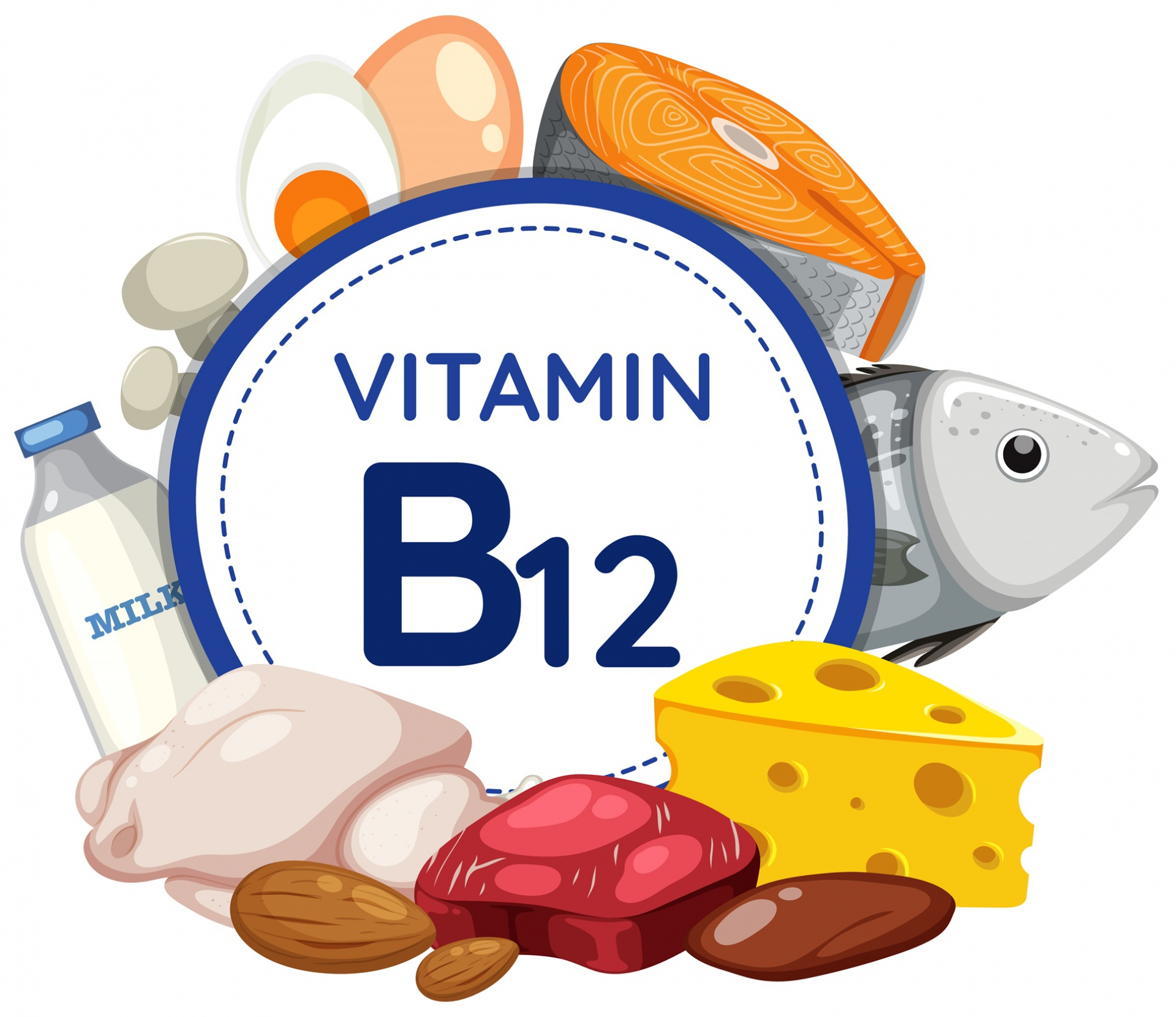Vitamin B12, also known as cobalamin, plays a critical role in the body’s metabolic functions, including red blood cell production, nerve function, and DNA synthesis. A deficiency in this vital nutrient can lead to a range of health issues, from fatigue and weakness to more severe conditions like nerve damage. One of the most reliable ways to diagnose a Vitamin B12 deficiency is through the Vitamin B12 Deficiency Test, which helps detect low levels of this essential nutrient.
About Vitamin B12 Deficiency Test
The Vitamin B12 Deficiency Test is a blood test designed to measure the levels of Vitamin B12 in your body. Vitamin B12 is found primarily in animal products, and deficiencies can arise due to insufficient dietary intake, malabsorption, or underlying medical conditions. The test is typically performed when there is a suspicion of deficiency, either because of symptoms or as part of routine screening for individuals at risk.
The B12 blood test usually involves a straightforward blood draw, with results indicating whether the B12 levels are within the normal range. Low levels of Vitamin B12 may suggest a deficiency and prompt further investigation.
When Should You Consider a Vitamin B12 Deficiency Test?
Several clinical scenarios may necessitate a Vitamin B12 Deficiency Test, especially when symptoms point to a deficiency in this vital nutrient. Some common reasons to consider the test include:
- Fatigue and weakness: Persistent tiredness and weakness are among the earliest signs of Vitamin B12 deficiency. If these symptoms are unexplained and ongoing, a B12 blood test can help confirm or rule out a deficiency.
- Neurological symptoms: Since B12 is essential for nerve function, signs of B12 deficiency can include tingling or numbness in the hands and feet, difficulty walking, memory issues, and mood disturbances such as depression or irritability.
- Vegetarian or vegan diets: Since Vitamin B12 is found naturally in animal products, people who follow vegetarian or vegan diets may be at an increased risk of deficiency. A B vitamin blood test can help assess whether dietary intake is sufficient or if supplementation is necessary.
- Pregnancy: Pregnant women are at higher risk of Vitamin B12 deficiency, which can affect both maternal health and fetal development. A Vitamin B12 test during pregnancy can help ensure adequate levels for both mother and child.
- Medical conditions: Certain conditions, such as celiac disease, Crohn's disease, and atrophic gastritis, can impair the absorption of Vitamin B12. In such cases, a blood test can help diagnose deficiencies related to these underlying health issues.
Signs of Vitamin B12 Deficiency
The symptoms of Vitamin B12 deficiency can vary in severity and may be subtle at first, making early diagnosis crucial. Common signs of B12 deficiency include:
- Fatigue and weakness: A drop in energy levels and persistent tiredness are often the first noticeable symptoms of a B12 deficiency.
- Numbness and tingling: B12 is necessary for nerve function, and a lack of it can lead to sensations of numbness, tingling, or "pins and needles," particularly in the hands and feet.
- Pale or jaundiced skin: Insufficient Vitamin B12 can lead to pale or slightly yellow skin due to problems with red blood cell production.
- Mood changes: B12 deficiency has been linked to mood disorders, including depression and irritability, due to its impact on brain chemistry.
- Cognitive impairment: Difficulty concentrating, memory loss, and even confusion or dementia can be signs of prolonged Vitamin B12 deficiency.
- Glossitis and mouth ulcers: A swollen, inflamed tongue (glossitis) or the presence of mouth ulcers is another symptom associated with B12 deficiency.
What Does the Vitamin B12 Deficiency Test Involve?
The Vitamin B12 Deficiency Test is typically performed as a blood test. A blood sample is drawn from a vein in the arm. The sample is analyzed in a laboratory to measure the levels of Vitamin B12 in the bloodstream. The results will indicate whether your Vitamin B12 levels fall within the normal range or are deficient.
Normal levels typically range from 200 to 900 pg/mL, though this may vary slightly depending on the lab.
What Happens If You Have a Vitamin B12 Deficiency?
If your B12 blood test results show a deficiency, treatment is necessary to restore normal levels. Depending on the severity of the deficiency, treatment options may include:
- Oral supplements: The most common approach for managing mild B12 deficiency is taking Vitamin B12 supplements, either as pills or sublingual tablets.
- Vitamin B12 injections: In cases of severe deficiency or when oral supplements are not effective (due to malabsorption issues), B12 injections may be required.
- Dietary changes: Increasing the intake of Vitamin B12-rich foods is essential for long-term management. For those following plant-based diets, fortified foods or supplements may be necessary.
Foods That Naturally Boost Your Vitamin B12 Levels
While supplements and injections can help correct a B12 deficiency, it is always best to focus on a nutrient-dense diet. Here are some of the best foods to include in your diet to naturally boost Vitamin B12 levels:
- Animal liver and kidneys: Beef liver is one of the richest sources of Vitamin B12, providing a substantial amount in just a small serving.
- Fish and shellfish: Fish such as salmon, tuna, and sardines, as well as shellfish like clams and oysters, are excellent sources of B12.
- Meat and poultry: Chicken, turkey, and lean cuts of beef are also good sources of Vitamin B12.
- Dairy products: Milk, cheese, and yogurt contain significant amounts of Vitamin B12, making them important for those who consume dairy.
- Eggs: Eggs, particularly the yolk, are a valuable source of Vitamin B12.
- Fortified foods: For vegans or those with dietary restrictions, fortified foods such as plant-based milk, breakfast cereals, and nutritional yeast are often fortified with Vitamin B12.
Understanding the symptoms, the test procedure, and the best foods to boost B12 levels is essential in managing and preventing deficiency. Whether through dietary changes or supplementation, ensuring adequate Vitamin B12 intake is crucial for maintaining overall health and well-being.


